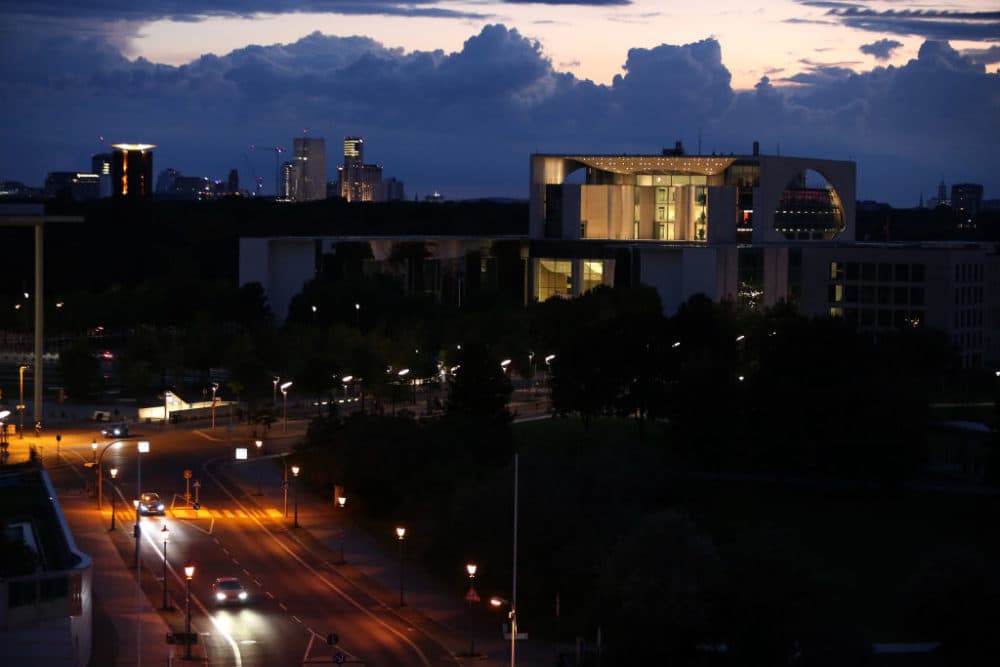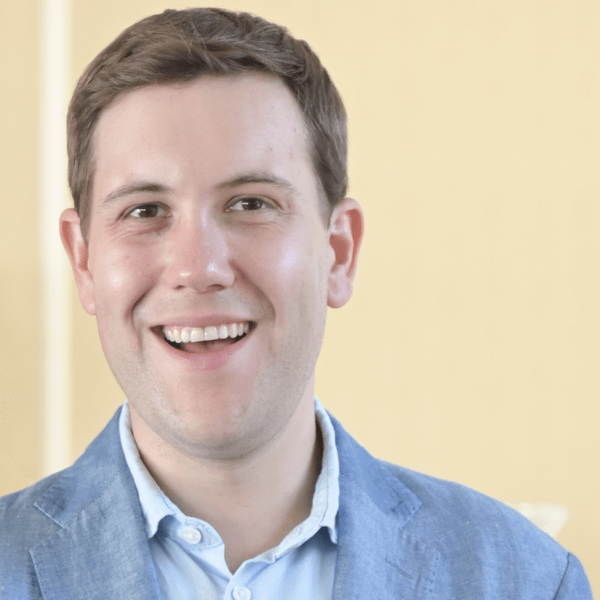Advertisement
Inside Europe's energy crisis
Resume
Russia has cut off energy supplies to Europe.
It's causing a crisis. Household heating bills in the U.K. could triple. How long can Europe hold on?
Today, On Point: Europeans facing "energy poverty." Will it weaken their resolve to support Ukraine, or could it be the reckoning needed to reduce Europe's dependence on Russian oil and gas?
Guests
Suriya Jayanti, nonresident senior fellow at the Atlantic Council’s Eurasia Center
Former US diplomat, including a tour as energy chief at U.S. Embassy, Kyiv (2018-2020)
Tim McPhie, European Commission’s Spokesperson for Climate Action and Energy. (@TimMcPhieEU)
Also Featured
Chris Curtis, head of political polling at Opinium Research in London, U.K. (@chriscurtis94)
Interview Highlights
This conundrum that Europe finds itself in wasn't entirely unpredictable, was it?
Suriya Jayanti: “Not even a little bit. Without poking a finger in the eye of any European country, the U.S. and other countries have been telling Western European governments for decades that an overreliance on Russian sources of energy would come back to bite them. And clearly, it has.”
On why diversifying energy sources is important for a nation
Suriya Jayanti: “I think absolutely. You can think of a national energy mix in similar ways as you think of a stock portfolio. Diversification is a good thing. Because it gives you resilience in case of supply shocks. And what Europe is dealing with now is an extraordinary, unprecedented cataclysmic supply shock.
"And unfortunately, despite commitments to the energy transition, this has left them, because of their reliance on Russian energy sources, in a position to be basically crippled by the current lack of supplies and the resultant astronomically high costs of what supplies there are.”
On the scale of the problem in Europe right now
Suriya Jayanti: “It's pretty big, I think. If you're looking for a good metric to assess it, the IMF estimated recently that if Russia completely cuts off gas, which it mostly has, although not 100%, because there is actually still gas flowing, ironically enough, through Ukraine from Russia to Europe. But in the event of a full gas shut off, Hungary would be looking at a 6.5% GDP hit. Slovakia 5.7. Italy 5.6. Those are just indicative numbers for the EU overall.
"It would be a 2.7 GDP decline, and that's pretty huge for the continent. That's going to translate into a lot of pain for individuals. That's a huge part of why inflation numbers are so high across Europe, and especially in the U.K. And it also means that utilities can't afford to continue buying the gas ... that they need to operate. And so there's a ripple effect into the electricity market where we're looking at power prices that are 300% over what they were a year ago. It's a shocking situation.”
What do you see as the EU's best case scenario for making it through this winter?
Tim McPhie: “Well, the best case scenario is the one that we've actually been building over the last six months, which is all about preparation. We have seen this coming from the Russian side. The weaponization by Putin of his energy supplies didn't start when he invaded Ukraine. It started, if you look back to last summer. Six, eight months before that invasion, he was already reducing the flows of gas to Europe and not setting up storage for the winter. So one of the things we did very quickly with this Spring was to propose legislation which has been adopted across Europe to put minimum gas stocks of over 80% of our capacity by the 1st of November.
“So that means we have a backstop if there is any further supply interruptions. And we're actually ahead of schedule on that filling. We're already at almost 85% today. So in terms of the security of supply, we've been filling up and we've been doing that by working with different suppliers. Russia used to provide 40% of our gas a year and in the last week it's down to around 10%. And we've replaced that gas by working with other suppliers like the U.S., but also Norway, Algeria, Azerbaijan and others.”
Will Europe forever make the commitment to turn its back on Russian energy supplies?
Tim McPhie: "I think so. I mean, there's a very clear commitment which has been taken by our 27 member states that at leaders level, the prime ministers and presidents, that we need to end our dependency on Russian fossil fuels as soon as possible. I mean, the European Green Deal, our commitments to net zero emissions, was already taking us on that path. And it was doing it from a perspective of economic growth, from a perspective of what that means for climate.
"And we had some member states which are moving fast. They all have different industrial makeups and different energy mixes. But what you see now is that member states, perhaps some that were less enthusiastic about the Green Deal before, now understands its benefits also as a security policy. And that, you know, we need to break these relationships that we have with Russia, this dependence on their energy resources. And if that can speed up the green transition, then all the better."
On how member nations will suffer from 'energy poverty'
Suriya Jayanti: "We've already seen the consequences begin to unfold. I think if you look at the fall of the government in Sri Lanka, that was clearly about energy prices. If you look at the fall of the Bulgarian government in June, energy prices played a role. If you look at Boris Johnson being voted out in the UK, Sure, on one hand it's because he lied with every breath.
"But it's also because there was a cost of living crisis that continues to escalate in the UK, and a lot of that has to do with energy prices. I think the numbers are 8.5 million Brits who are looking at energy poverty by the end of 2022. So we've already begun to see governments either fall, or essentially be slapped by their voting population for inflation and cost of living. And a huge portion of that inflation and cost of living increase is energy."
This program aired on September 14, 2022.

